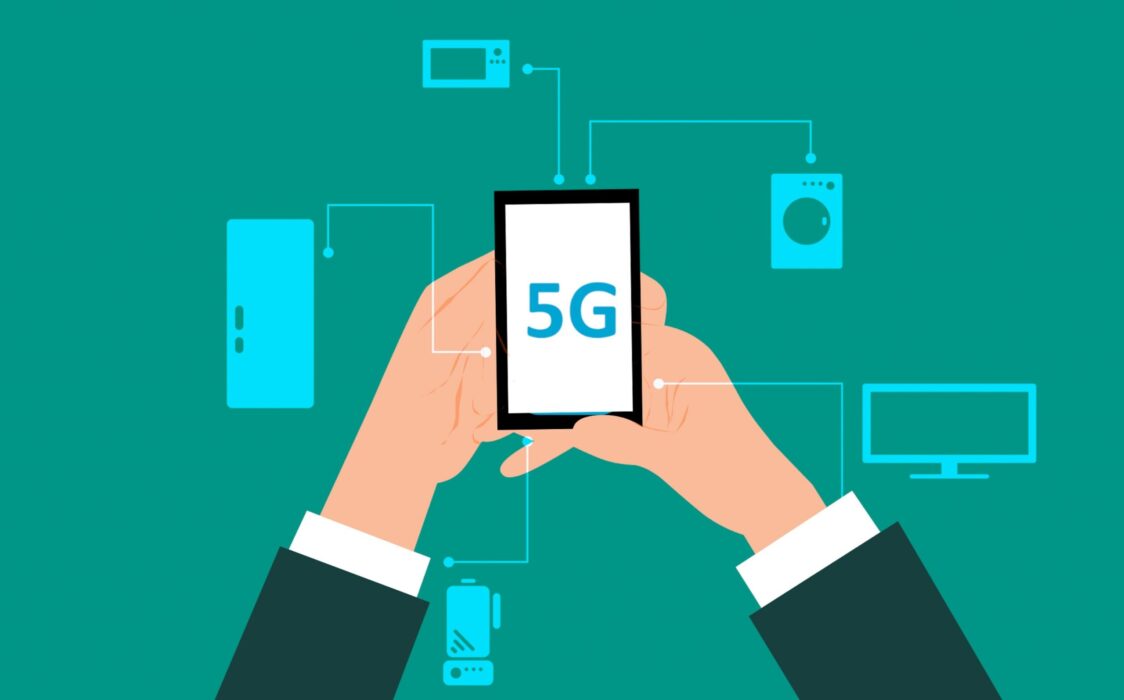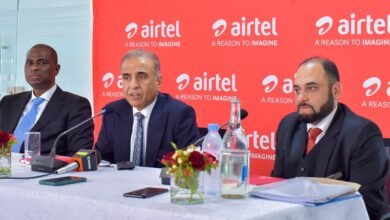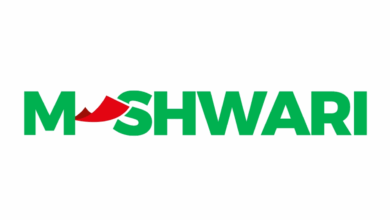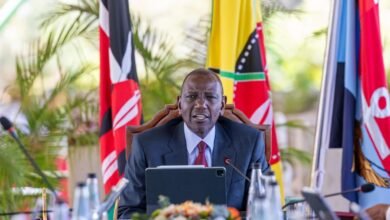
We are living in a virtual world; we have literally been doing so the past decade, but the COVID-19 pandemic showed the need to have a seamless internet connection since most of the people have been working from home since all these started a year ago. The current situation we are in has introduced the need for network operators to come up with a sustainability plan by choosing the right vendor who will help them in maximising the advantages that come with 5G deployment.
5G technology also knows as the fifth-generation breakthrough which is the next generation telecommunication standard was introduced in the market in 2018. This technology achieves super-fast internet speeds as compared to its predecessors and users can enjoy up to 10 gigabytes per second which basically means 100x the speed offered by 4G technology. This technology is driven by unbelievable specs which are 1-millisecond latency, 1000x bandwidth per unit area, 100x number of connected devices per unit area as compared to 4G technology, and enormous reduction of energy consumption of up to 99%.
Nokia has been offering an all-inclusive portfolio of networks in the global space through their Nokia Bell Labs which has made the deployment of their 5G networks devices across the globe attainable to some extent. Nokia has been on the front foot to capitalize on this technology for the benefit of their never-increasing consumers.
According to Ericsson mobility report, as of November 2020, 146 mobile manufacturers introduced this technology to their devices, and Nokia was not left behind in this massive technology stride. Nokia smartphones were the first in the mobile phone market to launch devices that allowed 5G roaming. Moreover, this move brought about the optimization of the Nokia 8.3 5G which for current stand-alone and future non-standalone networks with an incredible quantity of new radio bands and EN-DC combinations.
This move by Nokia saw it being selected by Airtel Kenya which is an African mobile company in Kenya to roll out this technology in the country using their network. They signed a three-year deal for this roll out which will see the deployment of this technology in its capital City Nairobi which has the highest number of internet users in the country. Later, this will be rolled out in other parts of the country. The conception of this technological deployment begun in June. Nokia company will not only focus on the deployment of this 5G technology, but it will also focus on improving the existing technology like 2G, 3G, 4G as they look to lay the ground for a complete overhaul in the future. Nokia projections for this dream are this year, 2021.
Beyond the shadow of a doubt, Airtel users in the country will have an upper hand advantage. They will be able to have access to the high internet speed and connection that will be introduced by this technology. Their browsing experience will be out of this world because of this partnership. All these will be made possible by the provision of AirScale Single RAN(S-RAN) which runs all technologies in similar radio access.
This aspect gives room for Nokia to lead in latency and connectivity in the market. AirScale technology is one of its kind and first in the market in terms of end-to-end 5G capabilities which will not only be limited to indoor space but outdoor space as well. These factors will give room for internet connection improvement of some outdoor space that is critical to the city’s revenue generation. To make this transition easy for adaption, Nokia company will not just deploy this technology and leave Airtel Operator in the cold, but they will also help Airtel in managing the deployment of this relatively new technology through cloud-agnostic NetAct software resolution which helps in maintaining their network. This software is a network management system of its kind because it has features that allow configuration, monitoring, and management of networks that are in use. Furthermore, this management system by Nokia enables the faster rollout of new software that may be needed for this technology deployment.
Nokia will also assist them in the various ground that is correlated with this deployment like digital maneuverers to enhance its stability, network planning and offering technical services and support when needed. This assistance is key because according to the 5G Opportunity in Enterprise for Communications Service Providersreport Nokia was able to establish that most of the business are familiar with 5G technology but there was a clear need for awareness and education to make it a success.
By doing this, the Airtel company as the service provider will be able to ensure that their user experiences the top of the table internet provision. The consumer always comes first but there will be a silver lining during this process of deployment, Airtel service providers will be able to reduce their CAPEX in the foreseeable future which at the end of the day will vastly increase their profitability.






